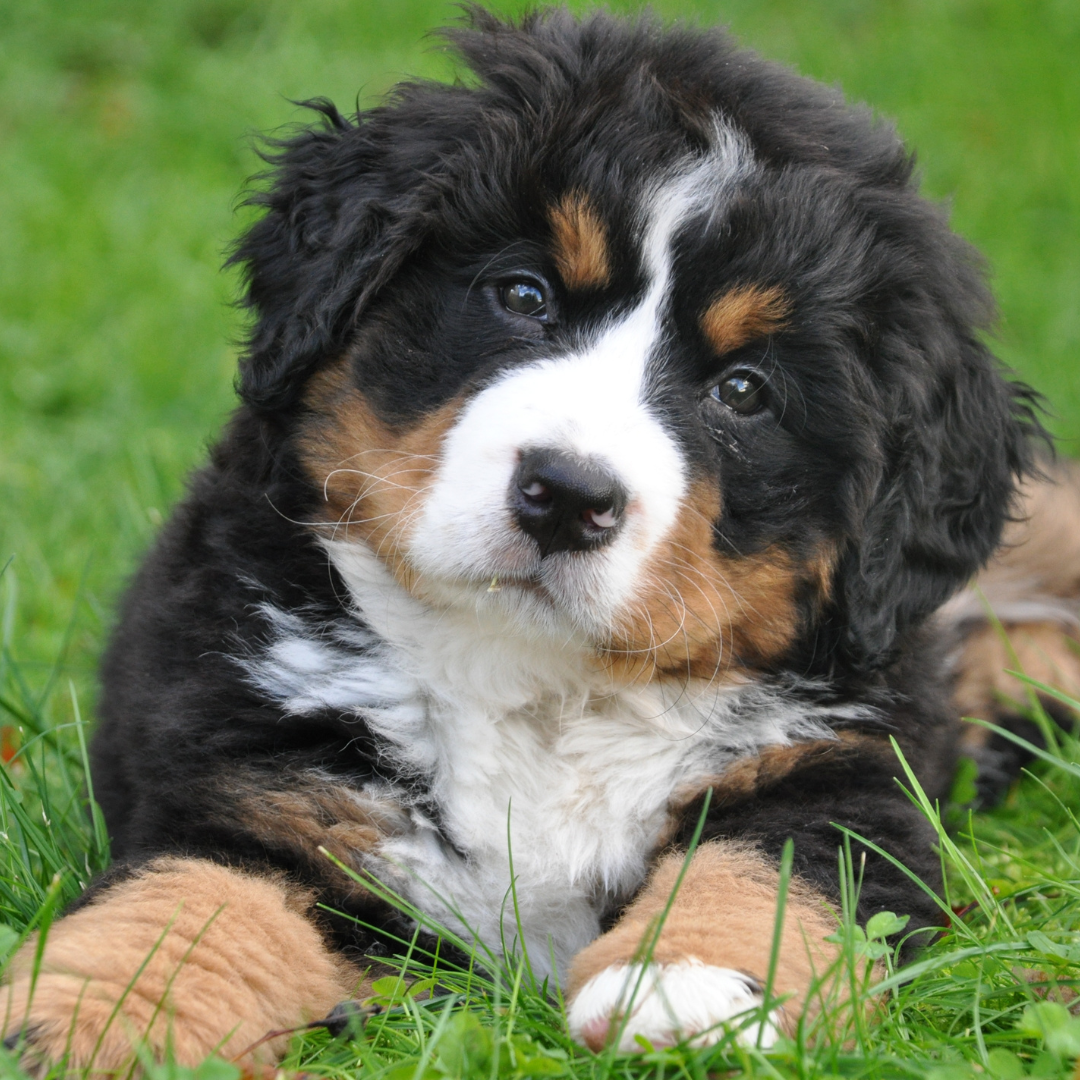
Dogs are awesome. Their loyalty, playfulness, and unconditional love make them some of the most worthwhile pets out there. But before you adopt or purchase a dog, it might help to know a little more about them-and how to care for your new best friend.
Q: Why do dogs have wet noses?
A: Just like humans, dogs use their noses to help them smell. Dogs use their nostrils to draw air in, then split it into their two nostrils. Inside each nostril, dogs have scent-detecting hairs called vibrissae, which they use to help their olfactory system tell the world around them what scents are out there. The wet nose comes from moisture in the air, which moistens the hairs inside the nostrils, keeping the scent-detecting hairs from drying out and losing their ability to use scent to help a dog figure out where they are.
Q: Why is my dog panting?
A: Dogs pant to keep cool and prevent overheating. Dogs cool their bodies by spreading air across their large surface area by panting. Dogs do this by exhaling, then inhaling deeply, then repeating. Dogs do not pant just to get attention; they pant because they need to. Panting is also a way for dogs to ensure they have an adequate air supply.
Q: Why does my dog eat poop?
A: Out of all the reasons a dog eats poop, the one we most commonly hear is from people who think their dog is being fussy. But contrary to widely held belief, a dog will not eat poop because it is delicious, but because it has a physical need for it.
Q: Can My Well-Trained Dog Could Attack a Stranger?
While proper training and socialization can minimize the risk, there is always a possibility that even a generally well-behaved dog may attack or bite a stranger. This could happen due to instinct taking over in certain situations, or a lack of proper training around unexpected triggers. If an owner’s dog does attack and injure someone, they may be held responsible for the dog’s actions. The victim could rightfully seek compensation for medical bills, lost wages from injury, pain and suffering, and other damages, often through consulting a dog bite lawyer. In general, the law around dog bites varies by state, but owners are usually held liable if they knew or should have reasonably known their dog had aggressive tendencies, especially if the dog was not properly restrained in public.
Q: Why Does My Dog Stare at Me?
Is it possible your dog is staring at you because he loves you, or is he just trying to intimidate you? The fact that dogs stare at us can be unnerving at times, but the reason they do it is not always so clear.
Q: What Does a Dog Howling Mean?
A: Dogs can be wonderful companions, but they are also incredibly noisy. Dogs can howl for a number of reasons. You might have a dog that howls at night, howling and whimpering at the same time, or you might have a border collie that howls to alert you when a wild animal is near. Dogs will also howl if you arrive home late or if you are taking too long in the shower.
Q: Why Does My Dog Lick Me?
A: Dogs lick us because it feels good, right? But some of us may be wondering why our dog licks us so much. It turns out there are some underlying reasons, and some of them are more serious than others. Dogs lick us because they groom us. They also lick us to mark us (like in greeting), serve our purposes (like when they lick us as a way of saying “I’m hungry”), or communicate (like when they are licking our rear end as an invitation for a back rub).
Q: Why Does a Dog Lick His Paws?
A: The thing is, dogs lick their paws for many reasons, depending on the situation. It could be for self-grooming, due to pain or discomfort, anxiety or stress, allergies, or medical conditions. If your dog is licking their paws excessively, it is important to talk to your veterinarian to rule out any underlying medical problems.
Q: How Can I Stop My Dog from Barking?
A: Dogs bark. It is a fact. Their barking can take the form of howls, whines, barks, yelps, or whimpers-but they all mean the same thing: I need something! If your dog is barking excessively, it can lead to stress for both you and your dog, as well as your neighbours.
Q: What Vaccinations Should My Dog Have?
A: Vaccinations are an important aspect of responsible dog ownership, and your dog should be given the full recommended series of vaccinations. These vaccines protect against dangerous diseases, such as rabies, distemper, parvovirus, hepatitis, brucellosis, and Lyme disease. The preferred vaccines may vary from region to region, so consult your veterinarian for the best recommendation for your pet.
Q: Should I Brush My Dog’s Teeth?
A: Brushing your dog’s teeth regularly can help improve their breath, but if you cannot brush them or they are otherwise struggling to keep their teeth clean, a vet can help.
Dogs are man’s best friend, but not everyone is a dog person. Maybe it is because of the drool, maybe it is because of the mess, or perhaps it’s just because of something you have heard about the dog, like “they always want to be with you” or “they never shut up.” Whatever the reason is, it has turned you off from owning one. But for those of us who love our dogs, the above are just some of the things you absolutely need to know and be prepared to do to have a healthy, happy, and long-lasting relationship with your pet.